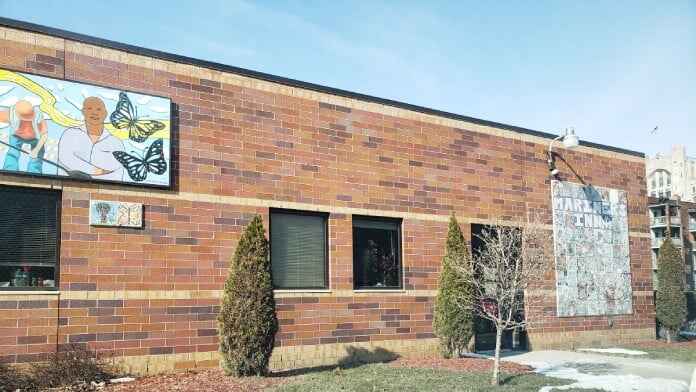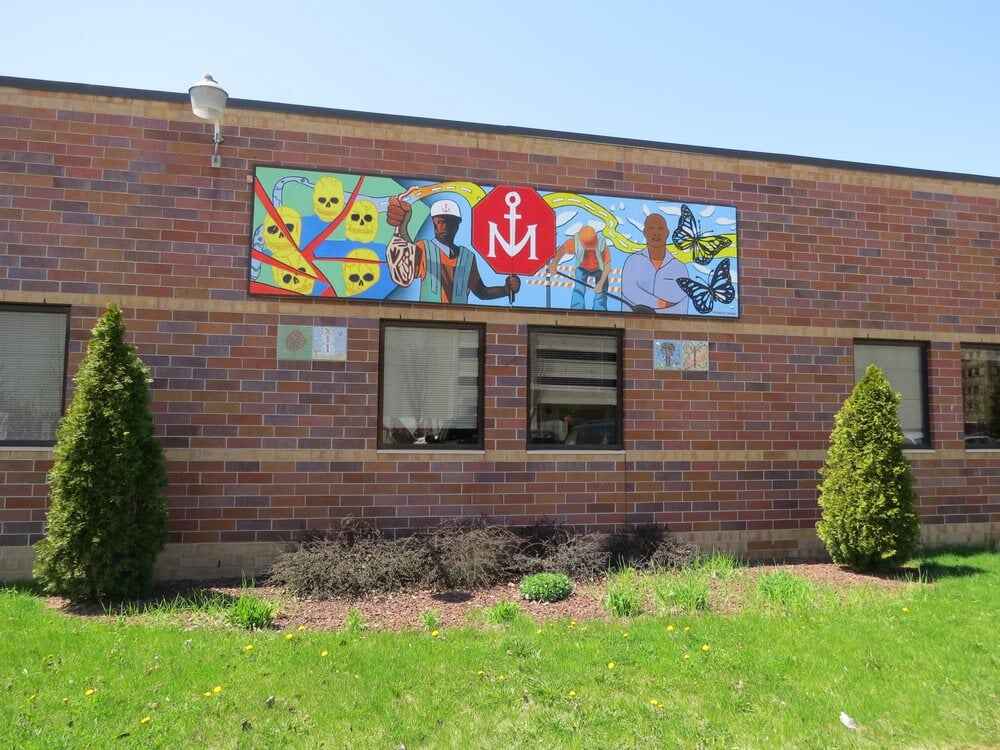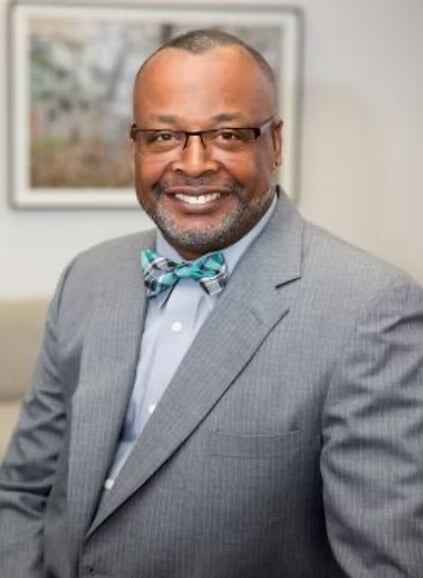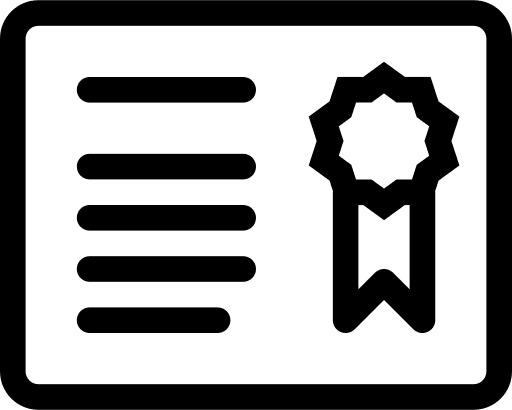About Mariners Inn – Detroit
Mariners Inn, in Detroit, Michigan, is a 12 step-focused drug and alcohol rehab for adult men. They offer short and long-term residential programming and aftercare planning and support. Dedicated services are available for young adults, seniors, justice-involved persons, homeless and indigent persons, persons with HIV/AIDS, and persons with co-occurring addiction and mental illness.
Their residential program allows men to focus on their recovery in a highly structured and supportive environment featuring home-like amenities, including a residential setting and onsite recreational facilities. Clients receive medical and mental health assessments, personalized care planning, and comprehensive case management. They also engage in intensive, trauma-informed individual, group, and family counseling drawing on proven modalities, including cognitive behavioral therapy (CBT) and motivational interviewing. The program promotes clients’ sustained sobriety and successful reintegration into the home, workforce, and community through robust, gender-specific life skills training addressing topics such as coping, self-care, anger and stress management, emotional regulation, and relapse prevention. They also prioritize independent living skills, including job readiness, financial and household management, and parenting. An array of evidence-based complementary therapies is also available, including creative arts and experiential therapies.
Their outpatient and aftercare services ensure a complete continuum of care aligned with clients’ evolving needs and may include step-down support, 12 step program facilitation, academic and vocational training, employment and housing assistance, and referrals for additional medical, mental health, and social service programs.
Mariners Inn is state licensed and accredited by CARF. They accept private insurance, Medicare, Medicaid, financing, sliding scale payment schedules, and self-pay. Financial aid is available.













